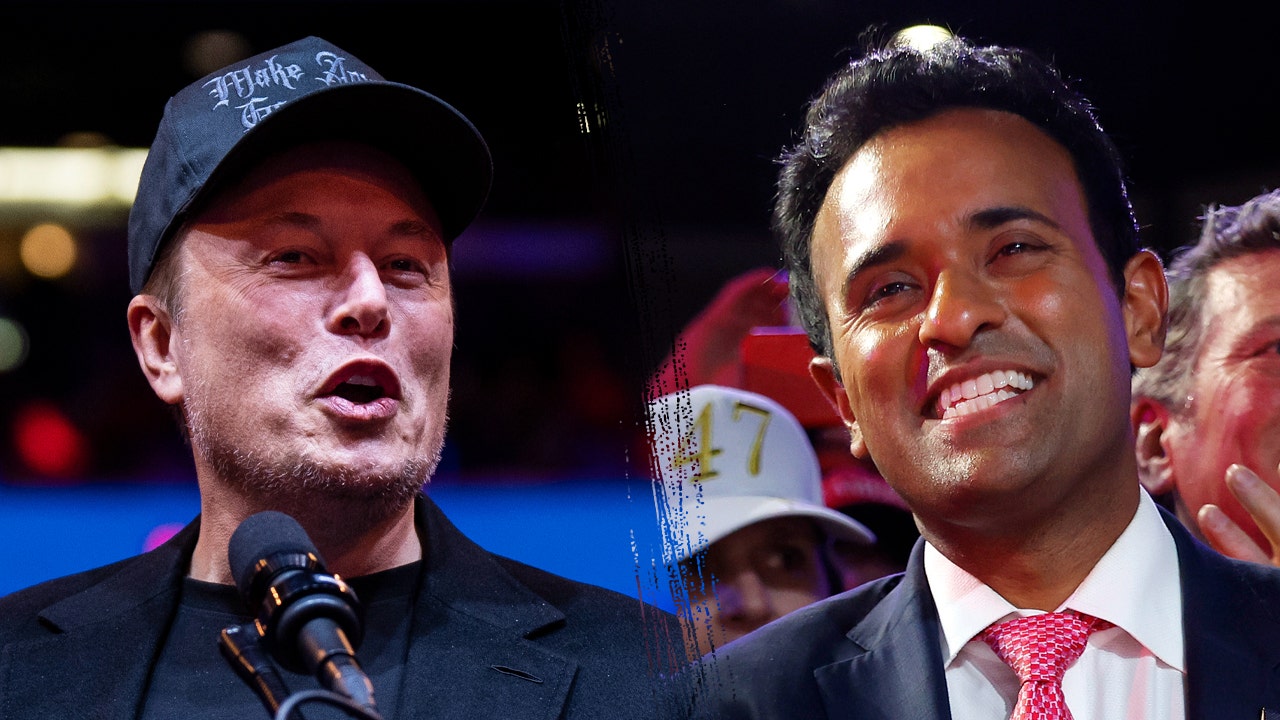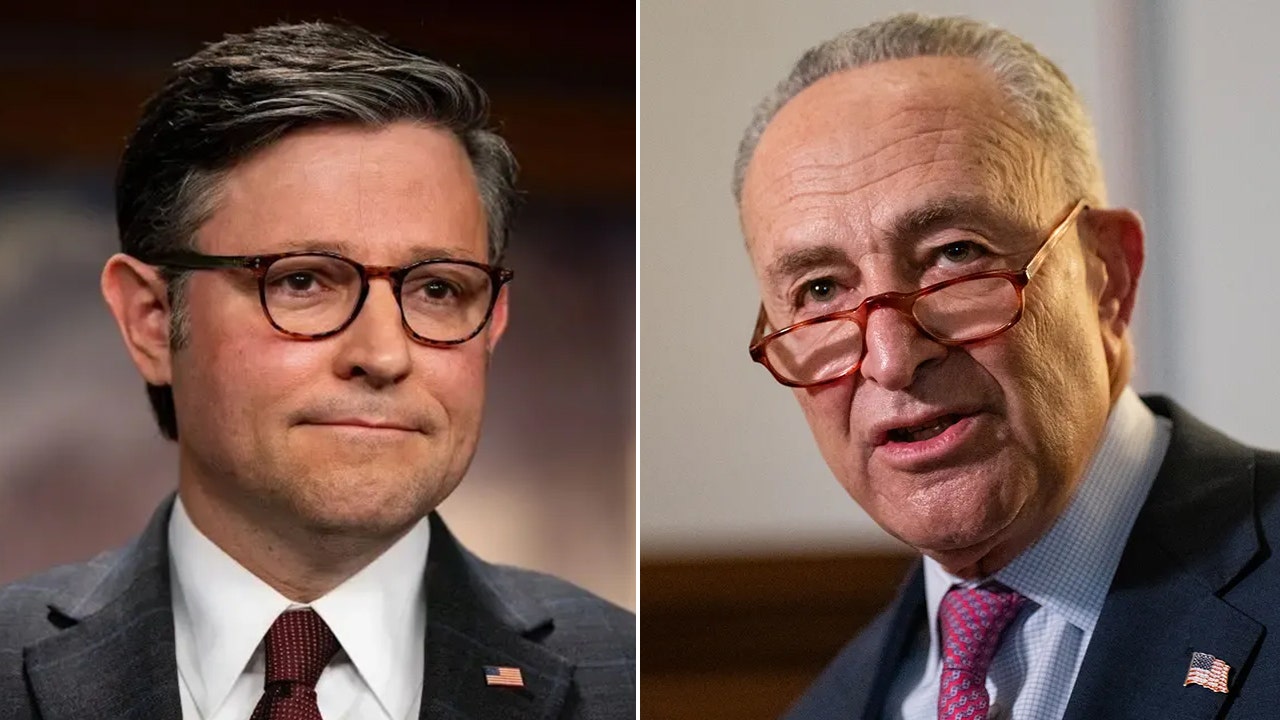Nearly six months since it began, Israel’s war in Gaza is dragging on. So, too, is the tenure of Prime Minister Benjamin Netanyahu. In Israel, some are now asking: Are the two are linked?
To his allies, Mr. Netanyahu’s refusal to agree to a cease-fire in Gaza is a necessary one, made in the national interest and backed by many Israelis. The thinking goes that Israel must cripple Hamas to weaken its hand at cease-fire negotiations.
To his critics, the prime minister is dragging out the war to prevent the collapse of his fragile right-wing coalition and extend his time in office. By this analysis, he has made a domestic calculus that ignores both the growing global anger about the bloodshed — including from Israel’s most powerful ally, President Biden, which erupted into full view on Thursday — and the rising anger from the families of Israeli hostages who seek their relatives’ immediate release.
Israel’s longest-serving prime minister, Mr. Netanyahu has long been portrayed as a vacillator who prefers to delay decisions for as long as possible so that he can keep all of his options open.
His strategy is attracting renewed scrutiny because of the scale of what is at stake: Israel’s war in Gaza, which began in response to a Hamas-led raid on Israel on Oct. 7, has since killed more than 32,000 people, according to Gazan health authorities. It has led experts to warn of a looming famine and has stigmatized Israel on the global stage, amid accusations, strongly denied by Israel, that it has pursued a genocide against Gazans.
The debate over Mr. Netanyahu’s intentions has been imbued with still more urgency by an Israeli strike this week that killed seven aid workers in Gaza, escalating international alarm over Israeli military tactics. The Israeli military took responsibility for the strike and said it was a case of misidentification.
The attack prompted President Biden’s strongest response yet since the start of the six-month war. In a tense call with Mr. Netanyahu on Thursday, he threatened to condition future support for Israel on how it addresses American concerns about civilian casualties and the humanitarian crisis in Gaza.
A summary of the phone call released by the White House said that American policy “will be determined” by Mr. Netanyahu’s response to Mr. Biden’s concerns, although it stopped short of directly saying the president would halt arms supplies or impose conditions for their use.
Within Israel, Mr. Netanyahu’s decision to keep on fighting is also contentious for the effect it may have on the Israelis captured by Hamas on Oct. 7, up to 100 of whom are still thought to be alive. A growing protest movement in Israel wants Mr. Netanyahu to swiftly agree to a hostage deal and cease-fire, even if it means accepting conditions that would give Hamas a greater chance of surviving the war.
Mr. Netanyahu’s allies say that his approach is ultimately in the interests of those hostages: A stronger position on the battlefield gives Israel a stronger hand during hostage negotiations.
The captives are “in our hearts and constantly on our minds,” Ophir Falk, an adviser to Mr. Netanyahu, said in a written response to questions from The New York Times. “Destroying Hamas and freeing the hostages are not mutually exclusive goals. On the contrary, these missions complement one another.”
Mr. Netanyahu’s critics believe he is avoiding a hostage deal because some right-wing factions in his coalition have threatened to quit, thus forcing early elections, if the war ends without Hamas’s destruction. For months, polling has suggested that Mr. Netanyahu’s bloc would lose power in an election, even as a large majority of Israelis support his policy of continuing the war, standing up to American pressure and opposing a the creation of a Palestinian state.
“He’s fallen back on his tried-and-true playbook, which is: Don’t make any decisions,” said Michael Koplow, an analyst at Israel Policy Forum, a research group based in New York. “He doesn’t want to spark elections, and making decisions in any direction is likelier to spark elections.”
The stasis is not all down to Mr. Netanyahu. It has been prolonged by Hamas’s determination to hold onto Rafah, the group’s last major stronghold in southern Gaza, and by Hamas’s reluctance to release hostages except after a permanent truce.
Publicly, Mr. Netanyahu has said he is intent on invading Rafah. But some analysts say that he is in no rush to capture the city, which would signal the end of the war, heightening calls for early elections as well as state inquiries into the Israeli government’s culpability for the Oct. 7 attack.
They also say that Mr. Netanyahu’s political considerations have contributed to the chaos and lack of civil order in the parts of Gaza that Israel has wrested from Hamas control. Although the fighting has slowed in much of the territory, the war is being drawn out by Israel’s reluctance to either hold ground it has captured or transfer its control to an alternative Palestinian leadership, creating a power vacuum.
In some places, that vacuum has allowed remnants of Hamas to regroup, prompting Israeli troops to raid parts of northern Gaza that it had already conquered and vacated, like Al-Shifa Hospital in Gaza City last month. Elsewhere, a breakdown in civil order and restrictions by Israel have made it harder to safely distribute aid, leading to unrest around aid convoys in which scores of Palestinians have been killed amid Israeli fire and chaos.
“All I see is darkness,” said Shibley Telhami, an expert on the Israeli-Palestinian conflict at the University of Maryland. “I see darkness in the short term. And I see even more darkness ahead.”
Foreign allies, including the United States, have pushed Mr. Netanyahu to create order by transferring power in Gaza to the Palestinian Authority, the administration that runs parts of the Israeli-occupied West Bank, in a move that American officials hope could be the start of a renewed push for a Palestinian state.
Facing resistance to that plan from his far-right allies, Mr. Netanyahu has publicly dismissed the idea. The far right hopes instead to settle Gaza with Israeli civilians who would replace much of the Gazan population.
“In an uncynical reading, he believes he needs the maximum possible time for the military to continue with its campaign to incapacitate Hamas,” said Dahlia Scheindlin, an Israeli political analyst and pollster. “In a more cynical reading, he wants the war to go on, because that keeps his coalition together and delays any decision about handing over power in Gaza to anyone else.”
By dragging on for so long, the war is now the longest involving Israel in more than four decades, with ramifications far beyond the Gazan border. The war has derailed U.S.-led efforts to normalize diplomatic relations between Israel and Saudi Arabia; prompted protests and unrest in Arab states allied to the United States, like Jordan; strained Israel’s international legitimacy; and threatened to evolve into a regional conflict.
It has also heightened domestic pressure on Mr. Biden, who has continued to supply arms to Israel even as he expresses greater alarm over its actions.
Mr. Biden’s criticism appeared to have a mixed effect on Mr. Netanyahu. After the call with Mr. Biden on Thursday, the Israeli government said it would increase aid deliveries to Gaza, including through a checkpoint between Israel and northern Gaza that Hamas attacked on Oct. 7 and Israel had refused to reopen ever since.
But Mr. Netanyahu also made comments on Thursday that appeared to implicitly criticize Mr. Biden.
“Give us the tools faster and we’ll finish the job faster,” Mr. Netanyahu said in a separate meeting with Republican lawmakers on Thursday, in what appeared to be a comment directed at Mr. Biden.
“There is a contrary move, an attempt to force, ram down our throats, a Palestinian state, which will be another terror haven,” Mr. Netanyahu added, in another comment aimed at Mr. Biden. “That is opposed by Israelis, overwhelmingly.”
The deadlock extends to the Israel-Lebanon border, where Israel continues to exchange missile fire with Hezbollah. The group joined the fighting in solidarity with Hamas after the Gazan group raided Israel in an attack on Oct. 7 in which roughly 1,200 were killed and some 250 abducted, according to Israeli officials.
Israel says it will not stop striking Lebanon unless Hezbollah withdraws from the border, and Hezbollah is not expected to do so while Israel’s army is itself massed along the same boundary. To pressure Hezbollah, Israel is striking leaders from the group’s benefactor, Iran — most recently in Syria, where an Israeli strike on Monday killed several senior Iranian military officials.
“We will know how to defend ourselves,” Mr. Netanyahu said in a video statement on Thursday, referring to Iran and its proxies. “And we will operate according to the simple principle by which those who attack us or plan to attack us — we will attack them.”
Analysts say such a strategy could easily backfire, prompting bigger retaliations from Hezbollah and Iran that could in turn lead Israel to invade Lebanon. Many of the obstacles to any exit ramp need to be removed simultaneously, rather than in a piecemeal fashion, said Mr. Koplow, the Israel Policy Forum analyst.
“Hezbollah won’t stop firing rockets or negotiate a cease-fire while Israel is fighting in Gaza,” Mr. Koplow said. “Israel won’t stop fighting while hostages are still held by Hamas, but can’t advance in the face of U.S. opposition.”
President Biden’s role in the deadlock has also drawn criticism, for conflicting reasons.
Some analysts say that his growing frustration with Israeli actions has made Mr. Netanyahu less likely to end the war: The prime minister does not want his right-wing base to conclude that he has folded under foreign pressure.
Others like Professor Telhami say that Mr. Biden has not gone far enough, arguing that Israel has been emboldened by U.S. willingness to supply Israel with more weapons and its reluctance to condemn Israel more forcefully.
The president has handed a “blank check to a very far-right Israeli government,” Mr. Telhami said. “When there is no accountability and no consequences, what’s the incentive for the Israeli government not to do what it’s doing?”





